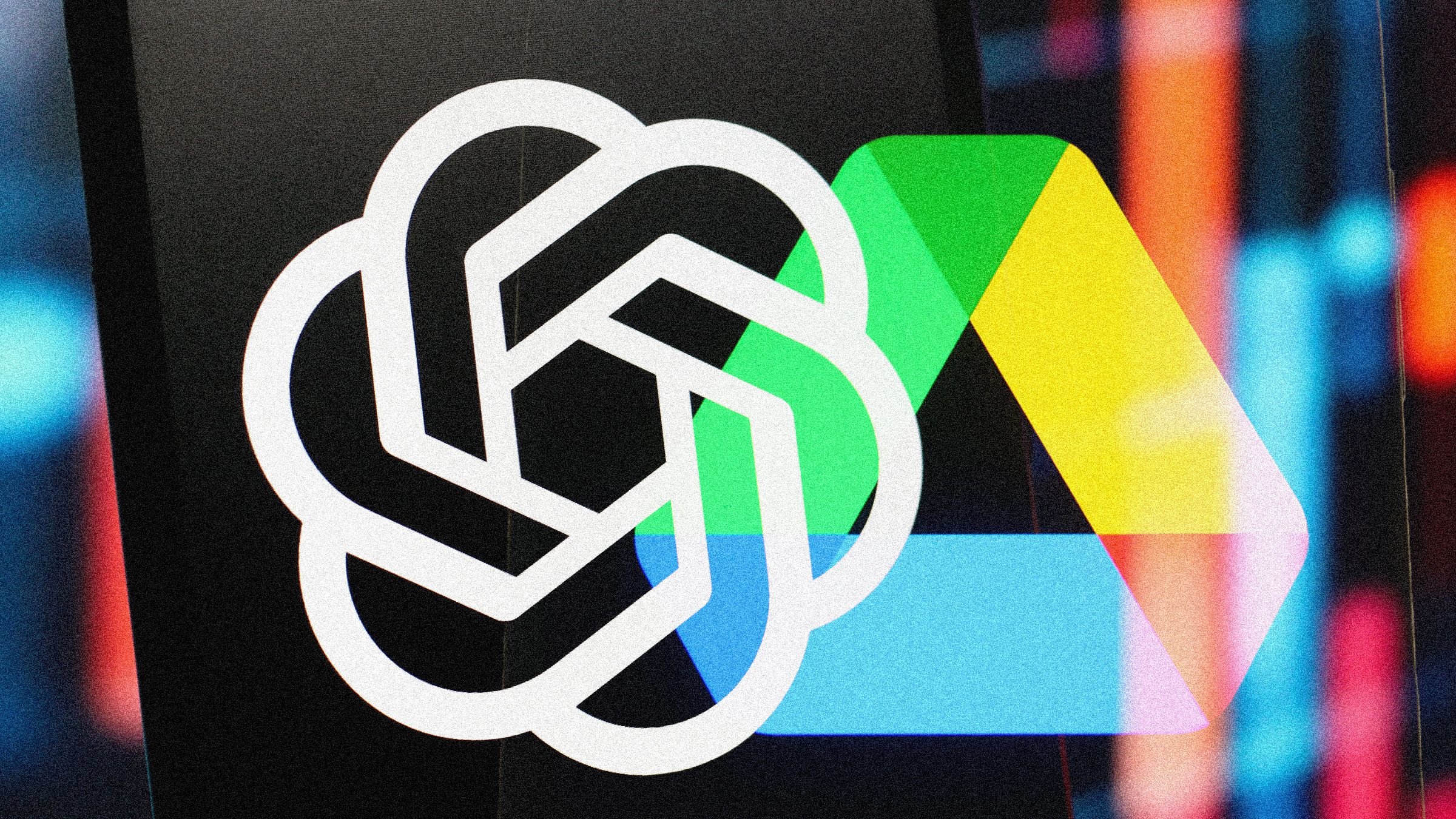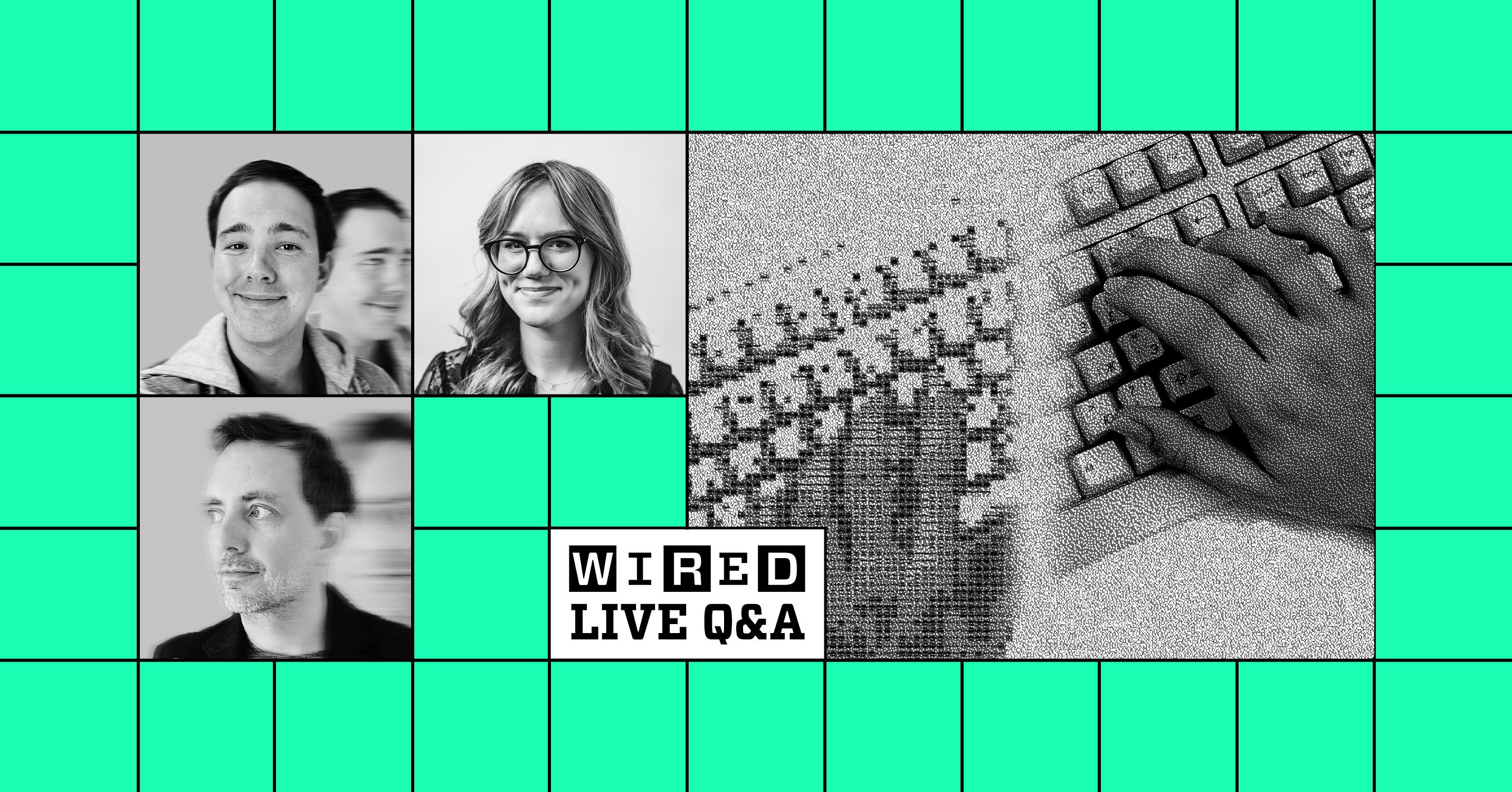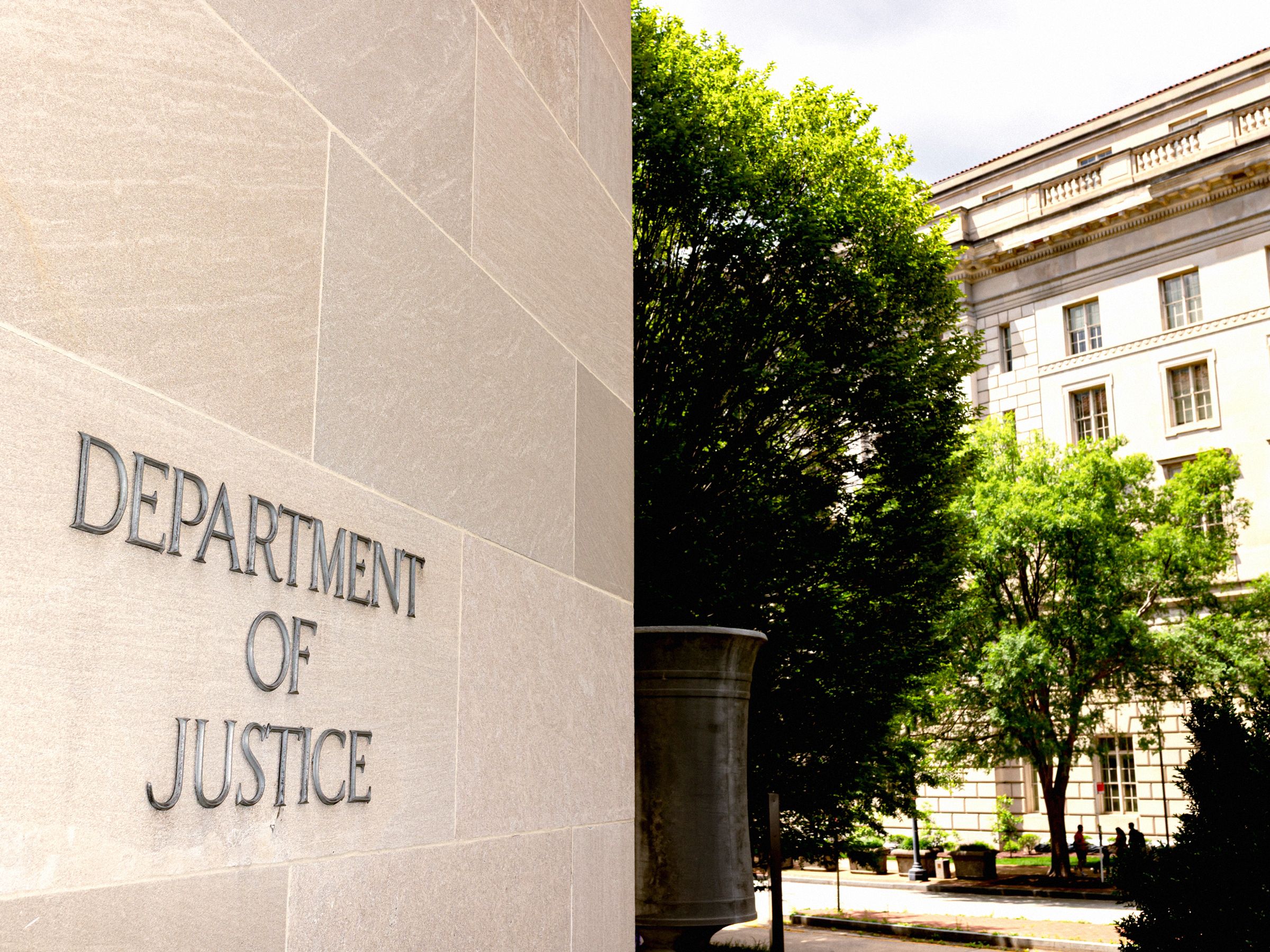A Single Poisoned Document Could Leak ‘Secret’ Data Via ChatGPT
In a world where data security is paramount, the latest threat comes in a form that most people wouldn’t expect: a single poisoned document that could potentially leak ‘secret’ data via ChatGPT.
ChatGPT, a popular language model developed by OpenAI, has been used for various AI-driven applications, ranging from customer service chatbots to virtual assistants. However, a group of researchers has recently discovered a vulnerability in the system that could be exploited to leak sensitive information.
The vulnerability lies in the way ChatGPT processes and generates text based on the input it receives. By crafting a specially designed document with malicious embedded code, an attacker could trick ChatGPT into revealing confidential information when interacting with it.
This revelation has raised concerns about the potential misuse of AI-powered systems in handling sensitive data. As ChatGPT becomes more widely adopted in various industries, the risk of data breaches and leaks could increase significantly if this vulnerability is left unaddressed.
Experts urge organizations and developers to be vigilant and implement robust security measures to prevent such attacks. This includes carefully vetting the input data fed to AI models like ChatGPT and regularly updating software to patch any vulnerabilities that may arise.
As the cybersecurity landscape continues to evolve, it’s crucial for businesses and individuals to stay informed about the latest threats and best practices for safeguarding their data. With the right precautions in place, we can mitigate the risk of a single poisoned document causing widespread data leaks via ChatGPT or other AI systems.
Ultimately, the responsibility falls on all of us to prioritize data security and take proactive steps to protect our information in an increasingly digital world. By being proactive and vigilant, we can prevent potential data breaches and safeguard our ‘secret’ data from falling into the wrong hands.



